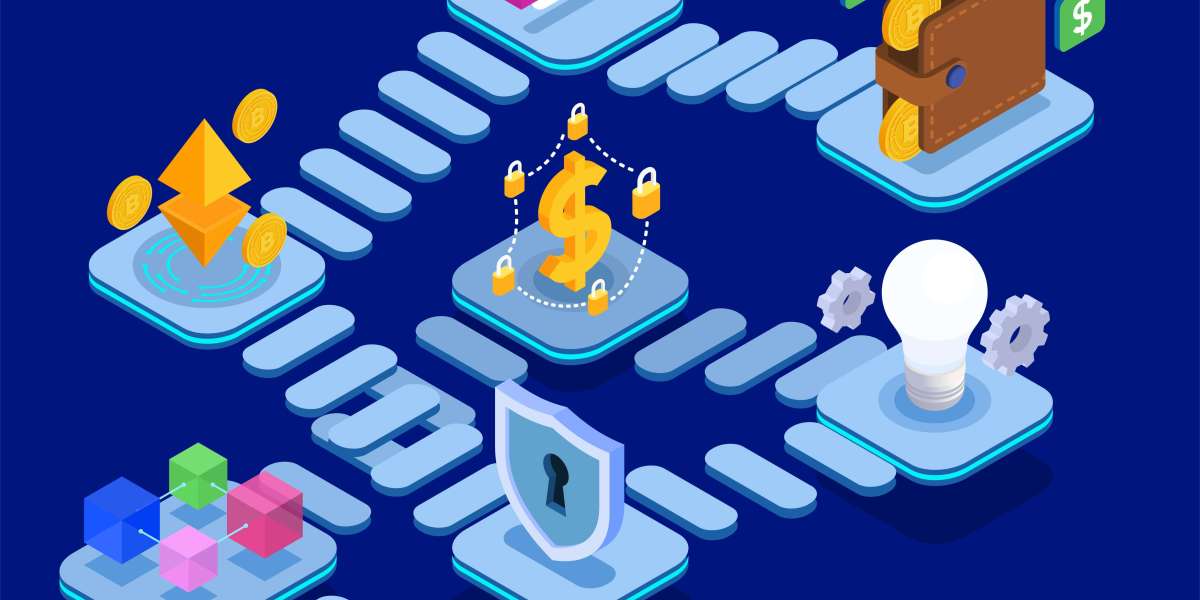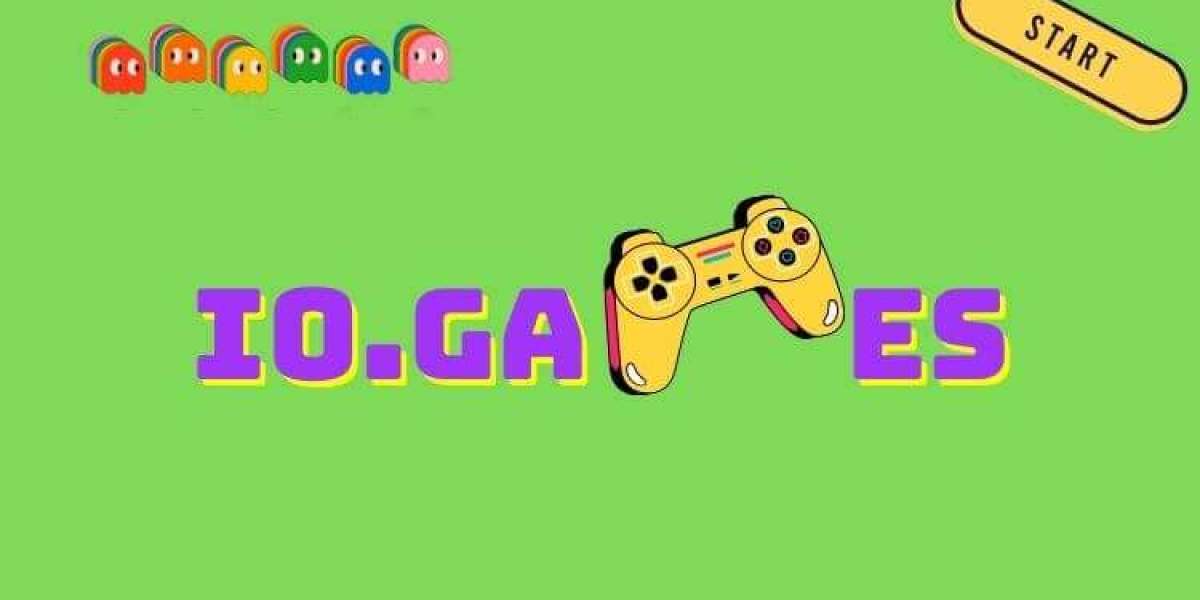At the heart of this evolution lies the convergence of artificial intelligence (AI), blockchain, and zero knowledge proof (ZKP) technologies. Together, they are laying the foundation for a verifiable internet—an ecosystem where data, computation, and decision-making can be trusted without requiring blind faith in intermediaries.
Blockchain as the Trust Layer
Blockchain introduced the concept of decentralized trust. By distributing records across nodes and ensuring consensus through cryptographic mechanisms, blockchains eliminated the need for centralized verification. However, this transparency comes with its own challenges. Sensitive data on public blockchains is exposed, and scalability issues limit their capacity to handle large-scale computations, such as those needed for AI-driven applications.
This is where zero knowledge proof cryptography steps in, enabling privacy-preserving validation while maintaining blockchain’s trustless design.
Zero Knowledge Proof: Privacy Meets Verification
Zero knowledge proof is a cryptographic method that allows one party to prove the validity of a statement without revealing the underlying data. This innovation is pivotal for Web3, as it ensures that transactions, computations, or AI decisions can be verified without disclosing sensitive inputs.
For example, an AI model could confirm it was trained on authorized data or produced a fair decision, with ZKP guaranteeing correctness without exposing the raw data or internal model parameters. This combination bridges the gap between privacy and transparency—two principles often seen as incompatible.
The Role of AI in a Verifiable Internet
AI brings intelligence to decentralized systems, powering predictions, automations, and decision-making processes. However, the opaque nature of many AI models raises questions about fairness, accountability, and trust. By combining AI with blockchain and ZKP, the verifiable internet can ensure that AI outputs are not only useful but also transparent and provably correct.
For instance, decentralized AI systems could provide credit scoring, fraud detection, or governance recommendations on-chain. With ZKP, these outcomes can be independently verified, giving users confidence that decisions were made according to agreed rules without exposing sensitive datasets.
Applications of the Convergence
Finance and DeFi: AI-driven fraud detection or risk modeling can be validated through ZKP on blockchain, ensuring fair and private financial operations.
Healthcare: Patient data can remain private while AI models provide verifiable diagnostics or research insights.
Supply Chains: Blockchain tracks provenance, AI optimizes logistics, and ZKP ensures privacy for sensitive business data while verifying compliance.
Governance: Decentralized decision-making processes become more transparent and accountable with verifiable AI recommendations backed by ZKP.
Challenges to Overcome
While the synergy between blockchain, AI, and ZKP holds immense potential, several challenges remain:
Computational Overhead: Generating ZKPs for complex AI models is resource-intensive.
Interoperability: Ensuring seamless integration between different chains, proof systems, and AI frameworks is a significant hurdle.
Usability: For mainstream adoption, the verifiable internet must be accessible to non-technical users.
Ethical Considerations: ZKP can prove correctness but cannot resolve biases inherent in AI models themselves.
The Road to a Verifiable Internet
The convergence of blockchain, AI, and zero knowledge proof (ZKP) is more than a technological experiment—it is the blueprint for the next stage of the internet. It enables a digital ecosystem where privacy and transparency coexist, where AI can be both intelligent and accountable, and where trust emerges from mathematics rather than authority.
This verifiable internet will not only improve existing sectors like finance, healthcare, and governance but also create entirely new paradigms for digital interaction. As ZKP technology becomes more efficient and AI models more adaptable, the boundaries between privacy, scalability, and intelligence will dissolve, ushering in an internet that is truly decentralized, private, and trustworthy.
Conclusion
The future of the internet depends on solving the paradox of trust, privacy, and intelligence. By uniting blockchain’s decentralization, AI’s adaptability, and the privacy-preserving power of zero knowledge proof (ZKP), we are moving toward a verifiable internet. This transformation will redefine digital interactions, ensuring that every transaction, every decision, and every computation is both private and provably correct—laying the foundation for a more secure and intelligent digital era.



